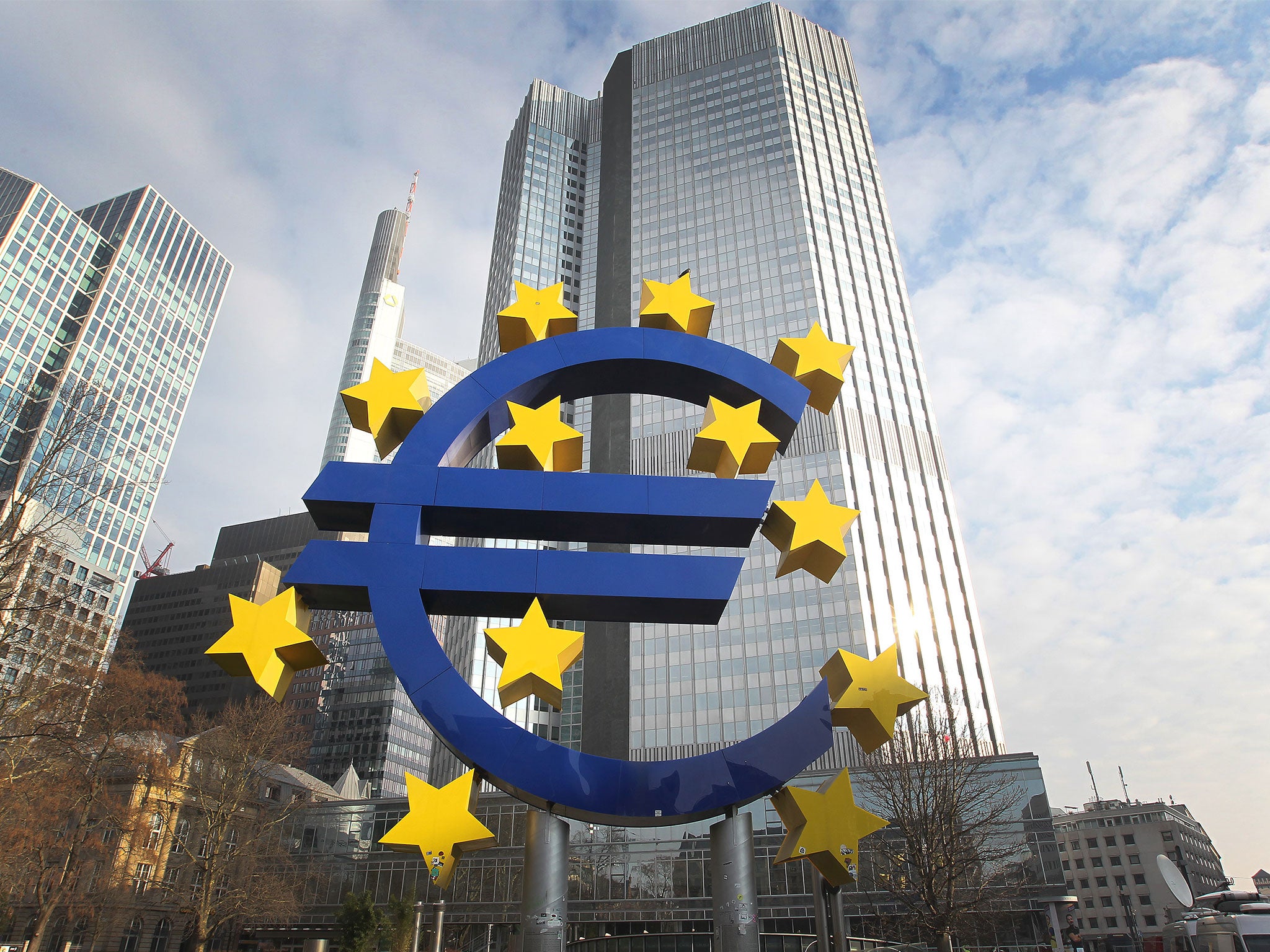Coronavirus: EU agrees to lift spending limits on national budgets to fight Covid-19
Countries will be able to spend what they like

The European Union has agreed to limit spending limits on national budgets to give countries breathing space fight coronavirus, effectively green-lighting massive stimulus packages and public spending.
In a statement released on Monday afternoon EU finance ministers said the "conditions for the use of the general escape clause of the EU fiscal framework" had been "fulfilled".
The so-called "stability and growth pact" usually required a country's budget deficit to stay within 3 per cent of GDP and its national debt to not surpass 60 per cent of the size of its economy.
"The use of the clause will ensure the needed flexibility to take all necessary measures for supporting our health and civil protection systems and to protect our economies, including through further discretionary stimulus and coordinated action, designed, as appropriate, to be timely, temporary and targeted, by member states," the finance ministers said in a statement.
The European Commission has already relaxed rules around state aid to give governments more power to deal with the economic fallout from the pandemic, which has so far killed over 7,000 people in Europe, according to the World Health Organisation.
But some member states want to to further. On Sunday night Pedro Sanchez, Spain's socialist prime minister, called for a "Marshall Plan" for the continent that would see a huge EU-wide public effort to fight the pandemic.
"We are at war," he told a press conference. “This is a crisis that is affecting all of the EU. We need to articulate a grand Marshall Plan of reconstruction.
"We are making an extraordinary fiscal effort, but it is important that it is not only at the national level."
Crucially, Mr Sanchez said the EU should directly issue bonds to borrow money at a European level to help with the investment programme. The prime minister also suggested a common unemployment fund for the European Union, a "complementary benefit to the national unemployment funds".
Many EU member states have traditionally been very resistant to the idea that the EU should borrow money to fund its own spending. It currently raises the vast majority of its cash through contributions from member states, and is banned from issuing debt.
Unveiling the proposed measure last week, European Commission president Ursula von der Leyen said lifting the spending limits would allow member states to "inject spending into the economy as needed". The escape clause has never been triggered before.
Countries across Europe have agreed to pay workers' salaries, prop up firms, and invest in emergency medical equipment in their response to the virus.
Join our commenting forum
Join thought-provoking conversations, follow other Independent readers and see their replies
Comments
Bookmark popover
Removed from bookmarks